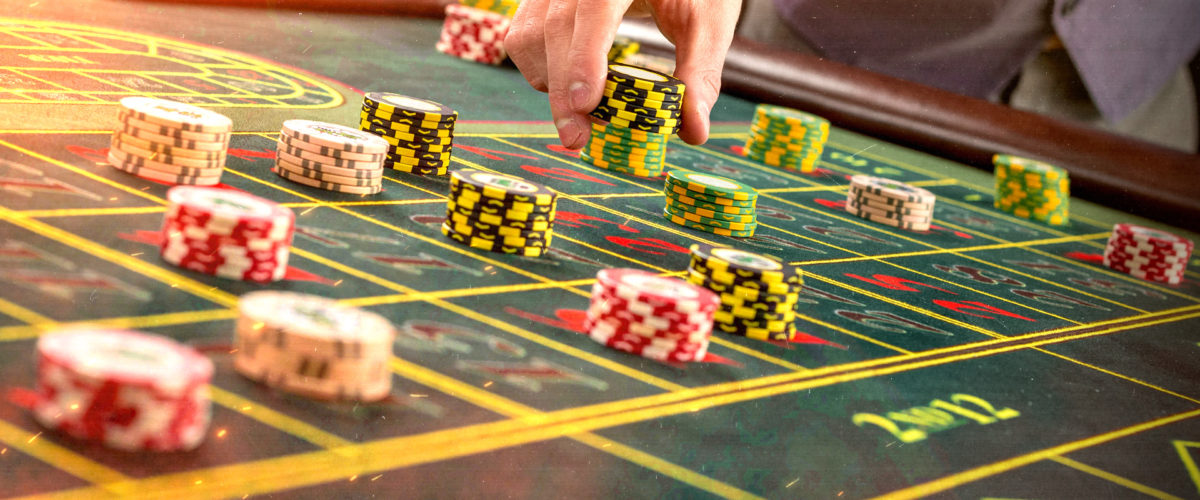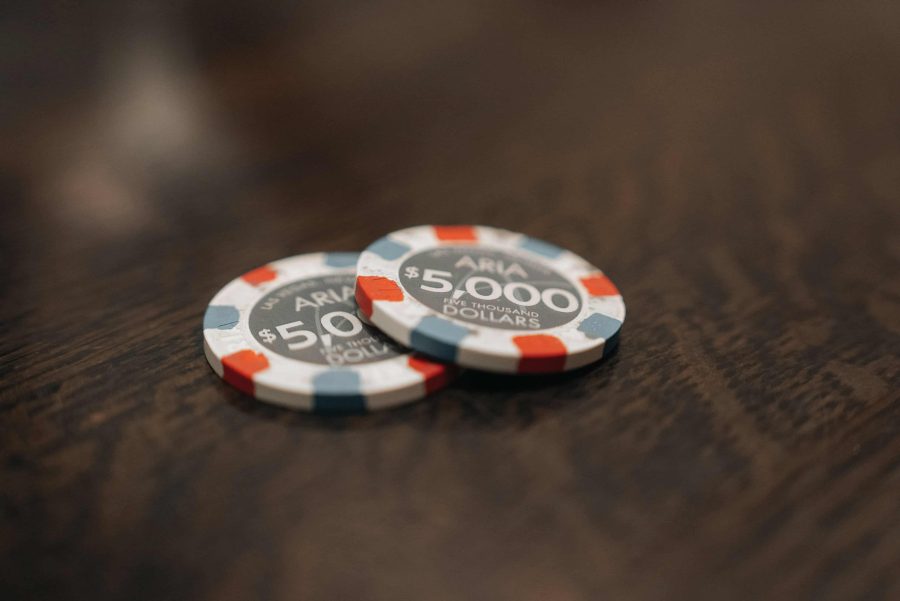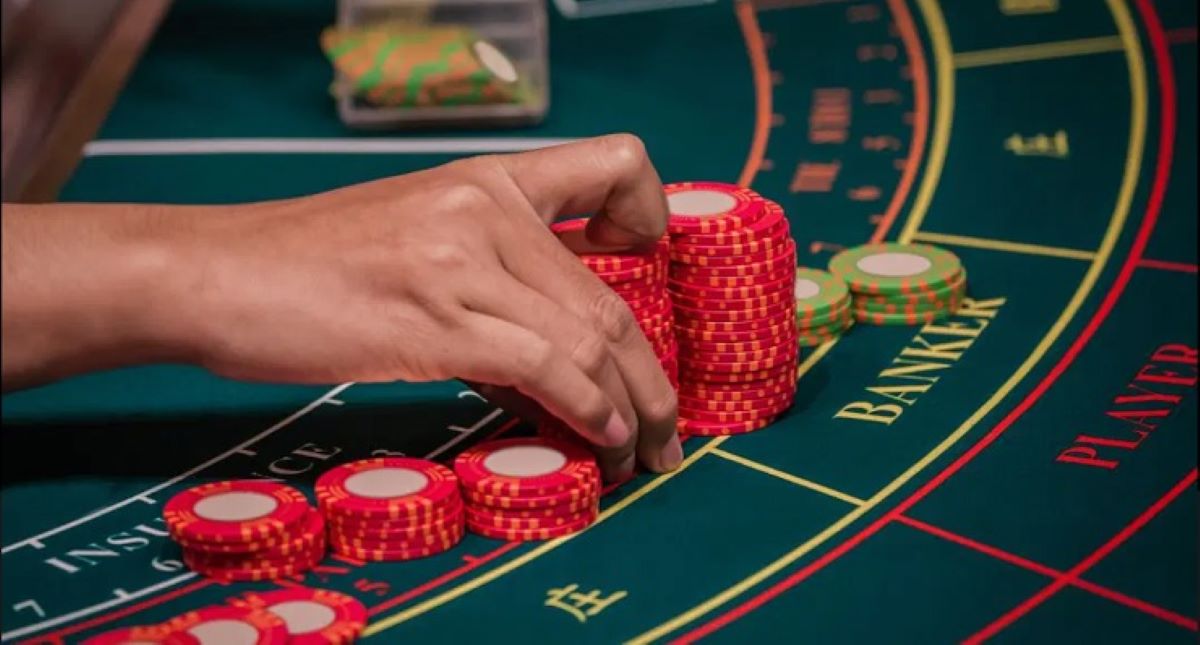The allure of roulette captivates countless players, drawing them into the vibrant world of spinning wheels and clattering chips, where the promise of fortune dances just out of reach. As the ball twirls in its metallic cage, anticipation hangs palpably in the air—will it land on red, black, or perhaps that elusive green? But beneath the surface of this seemingly simple game lies a complex interplay of mathematics and chance.
Many have ventured to decode the secrets of the wheel, armed with strategies, systems, and sheer determination, yet the question remains: can anyone truly outsmart the odds? Join us as we delve into the intricate mathematics of roulette, exploring the theories that underpin this classic game of chance and examining the age-old debate of skill versus fate.
Understanding the Roulette Wheel: Anatomy and Rules

The roulette wheel, a mesmerizing centerpiece of the casino floor, features a circular design divided into alternating red and black slots, punctuated by a solitary green pocket for the zero (and a double zero in American roulette). As the croupier spins the wheel and sends a small ball tumbling around its rim, anticipation hangs thick in the air.
Each number, from 0 to 36 (or 00 in the American variant), holds the potential for excitement or dismay, depending on where the ball ultimately lands. Understanding the rules is crucial: players bet on single numbers, colors, or a combination thereof, with each wager carrying different odds and payouts.
But beneath this seemingly simple game lies a complex interplay of probabilities, strategy, and chance, inviting both novice and seasoned gamblers to test their fortunes against the enigmatic wheel.
The Odds and Payouts: What You Need to Know

Understanding the odds and potential payouts in roulette is essential for anyone looking to approach the game strategically. The simplest bet, placing a chip on a single number, offers a tantalizing payout of 35 to 1—an alluring prospect that tempts many players to dream of instant wealth.
However, with the odds of hitting a single number being just 2.63% on a European wheel and slightly worse on an American wheel due to the extra zero, the reality can be sobering.
Comparatively, bets on red or black, which cover nearly half the board, yield a more modest 1 to 1 payout but come with a significantly higher chance of winning, around 48.6%.
This intricate dance between risk and reward is what keeps players captivated; as they balance the thrill of chasing the big win with the sobering mathematics of the game, each spin of the wheel becomes a blend of anticipation and strategy, where every decision can tip the scales in unexpected ways.
Mathematical Strategies: Can You Increase Your Chances?

Mathematical strategies in roulette often spark fervent debate among players, igniting questions about their actual effectiveness in improving ones odds against the relentless wheel. While some betters swear by the Martingale system, doubling their stakes after each loss in hopes of recouping previous losses, others advocate for patterns and progressive betting techniques that capitalize on streaks or historical data.
Yet, beneath these colorful tales of strategy lies a deeper truth—roulette is a game of chance, governed by probabilities that remain steadfast regardless of the approach taken. Nevertheless, understanding the mathematics behind the game can empower players to make informed decisions.
For instance, knowing the differences between European and American roulette, with the former boasting just one zero compared to the latter’s double zero, can subtly shift the odds in ones favor. So, while no foolproof method exists, a calculated grasp of the games intricacies might just enhance your experience at the table, turning mere luck into a dance of numbers.
Conclusion
In conclusion, while the allure of beating the roulette wheel is captivating, especially for those drawn to the thrill of casino gaming, the mathematical realities of the game reveal a different story. The house edge ensures that, over time, the odds favor the casino, making it challenging for players to achieve consistent profits.
Yet, understanding the mathematics behind roulette can enhance a player’s experience and inform their strategies. For those keen to explore more about casino games and strategies, resources such as https://spy-casino.com/ provide valuable insights. Ultimately, whether for amusement or serious play, embracing the inherent randomness of roulette is essential—succumbing to its excitement without the expectation of guaranteed success is the key to enjoying this timeless game.




